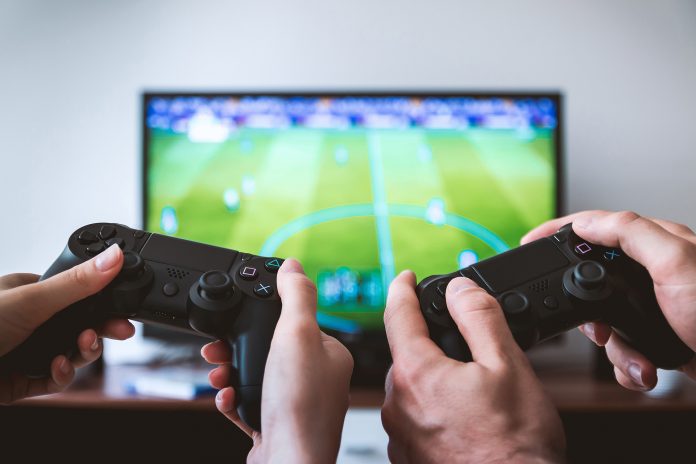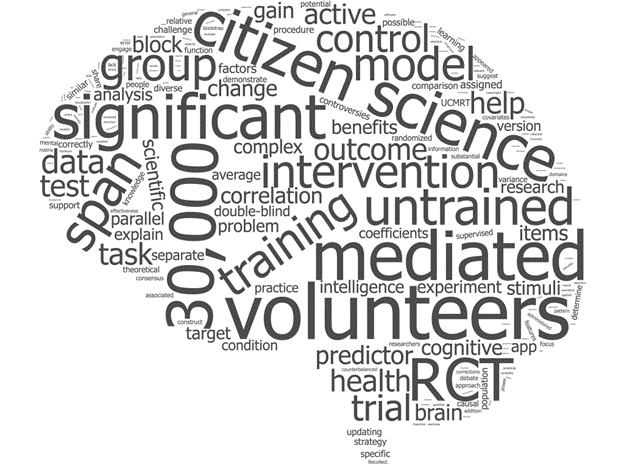Update: Playing videogames may be more cognitively beneficial than other forms of screentime like social media, watching videos/ TV
 Welcome to a new edition of SharpBrains’ e‑newsletter, featuring timely brain & mental health news and a fun brain teaser to put your temporal lobes to good use :-)
Welcome to a new edition of SharpBrains’ e‑newsletter, featuring timely brain & mental health news and a fun brain teaser to put your temporal lobes to good use :-)
“Here, we estimated the impact of different types of screen time (watching, socializing, or gaming) on children’s intelligence while controlling for the confounding effects of genetic differences in cognition and socioeconomic status … Broadly, our results are in line with research on the malleability of cognitive abilities from environmental factors, such as cognitive training and the Flynn effect.”
Fascinating! Having said that…
“Social interaction is hugely important. One study found that the size of our social group is actually associated with the volume of the orbitofrontal cortex (involved in social cognition and emotion). But how many friends do we need? … It is hard to argue with the fact that humans are social animals and gain enjoyment from connecting with others, whatever age we are. But, as we are increasingly uncovering, it also crucial for the health of our cognition.”
“Some people do very well in training, such as playing a video game, but they don’t show near transfer, perhaps because they are using highly specific strategies,” said first author Anja Pahor … “For these people, far transfer is unlikely. By better understanding why this type of memory training or ‘intervention’ works for some people but not others, we can move forward with a new generation of working-memory training games or use approaches that are more tailored to individuals’ needs”
 #4. Please help us recruit 30,000 adults for a UC Citizen Science project on cognitive training
#4. Please help us recruit 30,000 adults for a UC Citizen Science project on cognitive training
“In our ongoing large-scale study (note: the one right above) we aim to recruit 30,000 adults who are motivated and willing to help us better understand the factors that underlie learning outcomes using a variety of training paradigms and outcome measures. Our endeavor will ultimately contribute to the personalization of cognitive training so that, hopefully, anyone who would like to improve their cognitive functioning will be able to choose the approach that may fit them best.” — researchers Susanne Jaeggi, Anja Pahor, Aaron Seitz @ UC Irvine/ Riverside
Esports are borrowing a page from Pro Sports’ book … we wouldn’t be surprised to see the inverse taking place too in just a few years.
#6. Dos and Don’ts of Therapy on the Go: Navigating the use of apps for mental health care
“For those without severe mental illness, app-based therapy may be helpful in matching clients with a professional familiar with a range of problems and stressors. This makes apps attractive to those with anxiety and mild to moderate depression. They also appeal to people who wouldn’t ordinarily seek out office-based therapy, but who want help with life issues such as marital problems and work-related stress.”
Let’s talk!
#8. And here’s the Brain Teaser: Ready to stimulate those neurons in your temporal lobes?
Wishing you and yours a healthy and fun summer!

 #7.
#7. 
